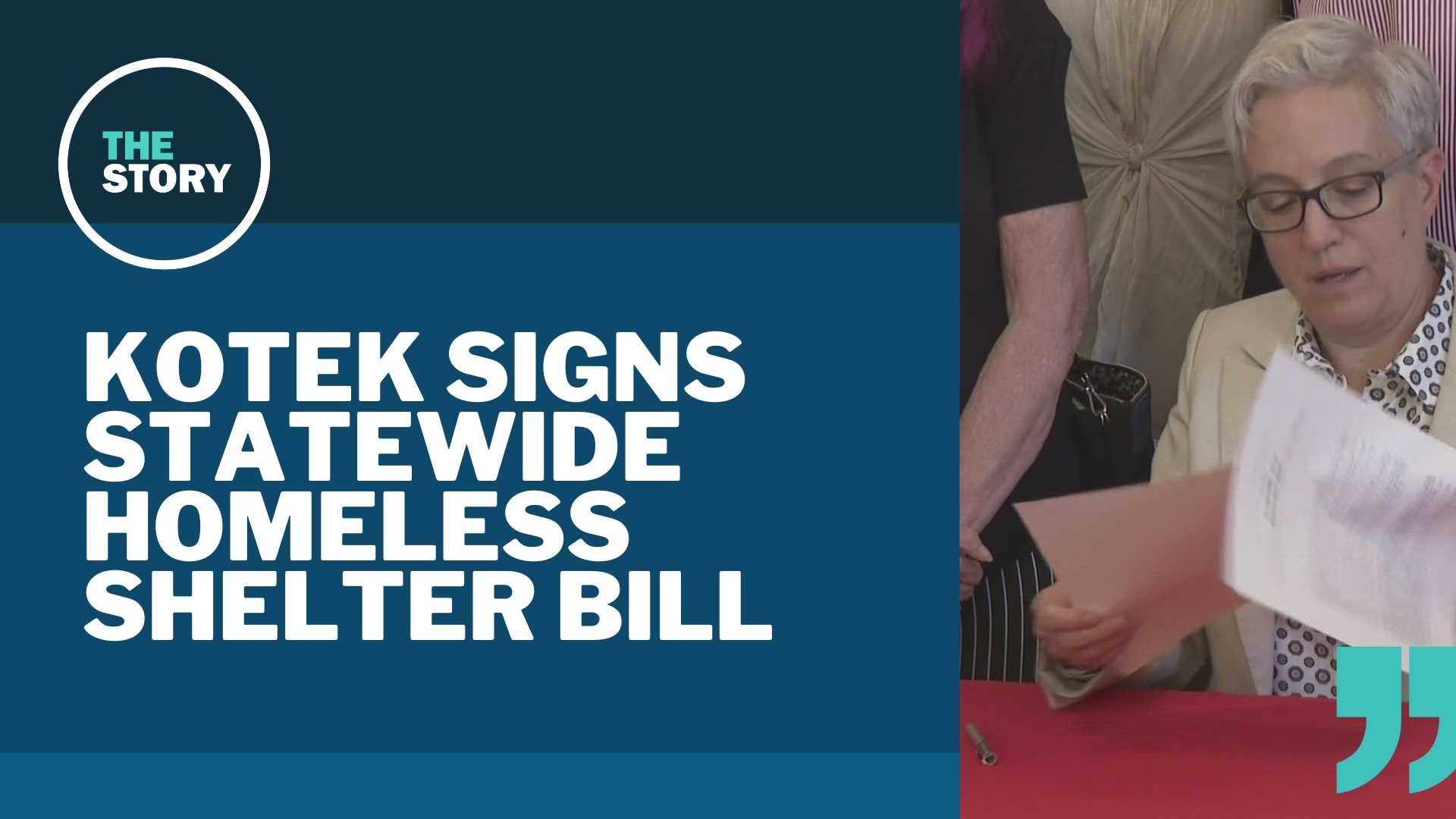News
Oregon Establishes Permanent Statewide Shelter Program for Homeless

TIGARD, Ore. (KATU) — Oregon Governor Tina Kotek signed a bill Thursday that creates the state’s first permanent statewide shelter program to combat homelessness. The law aims to provide ongoing support and funding for shelters across Oregon, following a state of emergency declared in 2023.
The new shelter program is established under the Oregon Housing and Community Services Department (OHCS). It builds on past emergency measures by creating a sustainable framework for addressing homelessness rather than relying on one-time funding.
During the signing event, Kotek emphasized the importance of having a stable home. “Having a safe, warm place to call home is the basic building block to a prosperous, healthy life,” she said. “I want that for every Oregonian.”
Under House Bill 3644, the state will allocate approximately $205 million every two years to support the program. This funding will ensure shelters are maintained year-round and prioritize access for individuals in urgent need.
The bill creates a structure in which Oregon is divided into geographic regions. Each region will have a “regional coordinator” responsible for creating and implementing a tailored shelter plan, distributing funds, and reporting on outcomes. These coordinators will be appointed through a competitive selection process and will serve terms of five to six years.
Advocates for the homeless praised the bill for bringing more equity to shelter services across the state, especially in rural areas. Dr. Vernon Baker, executive director of Just Compassion, labeled it a “historic step forward” in addressing homelessness.
However, some lawmakers voiced concerns. Representative Anessa Hartman (D-Gladstone) argued the focus should be on stabilizing housing through financial assistance, rather than solely providing shelters. “We’re spending hundreds of millions on a band-aid for a much deeper wound,” Hartman said.
The OHCS is tasked with developing the program further, including rules and funding guidelines, by January 1, 2026. By May 1, 2026, all regional coordinators are expected to be appointed.












